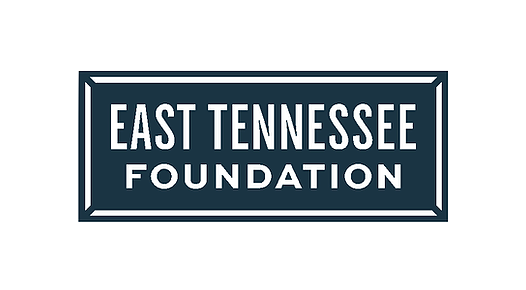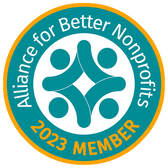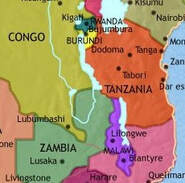 Vincent fled Rwanda twice only to be sent back by the neighboring Tanzanian government. The third time he left—still fearing for his life—he passed through Tanzania by bus and applied for refugee status in Malawi. It was 2005. “The life in the camp is very difficult,” Vincent said. There was food, but never enough, and no pot in which to cook it. His initial application for refugee status was rejected, but some good things happened in Malawi: Vincent met his wife, and they had three children. He also started his own business selling small dry goods in town. Vincent appealed his refugee status rejection, praying hard through the whole process. Finally, in 2015, he passed the UNHCR interview, and his name was added at the bottom of a very long list. Vincent’s family didn’t choose to come to the United States. Their name simply came up on the list when US immigration was ready to accept more refugees. The interview was like standing in front of a judge, and if Vincent had failed, he and his family would have been sent back to the beginning of the application process. Ten days later, however, he received a letter stating they had passed! Following medical checkups and cultural orientation, they boarded a plane to the United States. It had been another six months since they received the letter. In October 2016, when Vincent was 46 years old, the Ndahayo family arrived in Knoxville from Malawi with one bag each and no English skills. Volunteers and representatives from Bridge Refugee Services met the family at the airport.* They went to a fully-furnished apartment with beds in the small rooms and food in the kitchen. And this time, there were pots to cook the food! The next day, Vincent’s caseworker came back to explain things about the house. Volunteers also took them to the relevant government offices and taught them how to use the bus system. Two weeks later, Vincent took a job working nights at a headlight manufacturer. Vincent and his wife joined English classes right away, but the children gained English skills more quickly because they went to school every day. Vincent’s second son, eight years old (at the time this was written), has the best English in the family. Still, Vincent perseveres. Even through the Covid shutdown, he has sought out ways to improve his communication skills. (See our 2020 story, When "Unprecedented" Is Good.) In 2019, Vincent and his wife welcomed their fourth child into the world. At the hospital, Vincent was so proud, as a new father always is, but he was also proud because his English had improved so much that he didn’t need a translator to communicate with the medical staff. And in 2022, Vincent was one of KIN’s primary interpreters to communicate with ELL Summer Youth Camp families on behalf of KIN, speaking Swahili, Kirundi and Kinyarwenda. Visiting the homes of these middle and high school students with a KIN employee to complete paperwork ahead of camp, Vincent was invaluable in making that first important connection. He assisted in interpreting and translating with 7 African families, representing 14 students, as they learned about and planned for this summer-long opportunity. This is an extremely condensed version of Vincent’s story. For the full story, please contact KIN. Vincent has given us permission to share it.
0 Comments
Leave a Reply. |
IMPACTRead the stories of Knoxville's local internationals and the volunteers who have impacted their lives. Get a first-hand view of what it's like to move here and/or to serve those who've moved here from other countries. Discover how KIN has impacted life and culture in metro Knoxville. Archives
May 2024
Categories
All
|
About |
Contact KIN865.235.1476
[email protected] Mailing PO Box 31052 Knoxville, TN 37930 Office 6300 Deane Hill Drive Knoxville, TN 37919 |
Proudly powered by Weebly
|

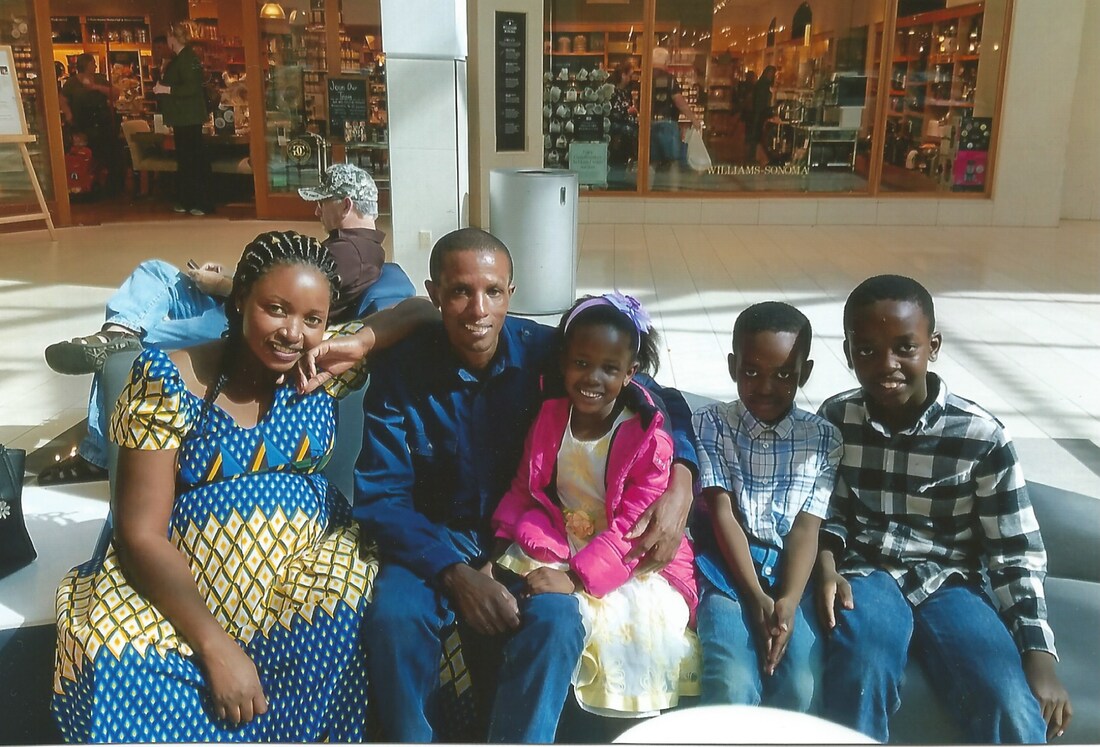
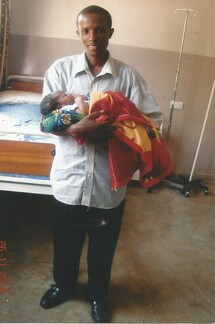
 RSS Feed
RSS Feed
